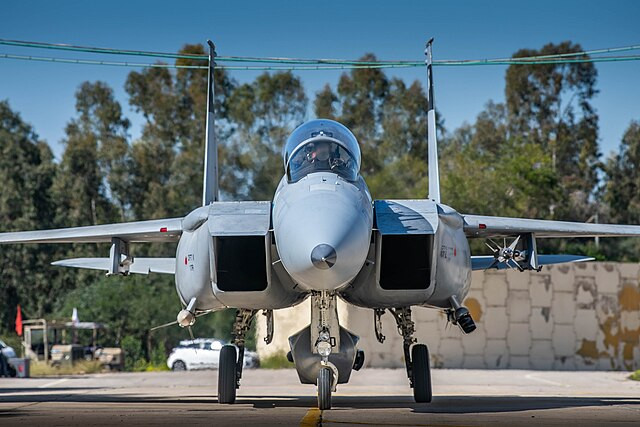Israel launched one of its most intense military campaigns in Syria in over a decade, targeting air defense systems, missile depots, and other strategic sites in the coastal Tartus region. The strikes, described by the Syrian Observatory for Human Rights as "the heaviest strikes" in years, caused massive explosions, with some registering as a magnitude 3.0 seismic event. Videos shared on social media showed dramatic fireballs and mushroom clouds lighting up the night sky.
The operation comes amidst heightened geopolitical tensions following the fall of Bashar al-Assad's regime earlier this month. Israel's military action appears to be aimed at crippling Syria's defense capabilities and limiting weapons supply routes that could fall into hostile hands, such as Hezbollah. Israeli Prime Minister Benjamin Netanyahu's office has confirmed plans to expand settlements in the Golan Heights, a move that is likely to further inflame regional tensions.
The Tartus region, home to one of Russia's key naval bases, was a focal point of the attacks. Satellite imagery revealed that Russian naval forces had evacuated the base earlier in the week, raising questions about Moscow's long-term presence in Syria. This base has historically served as a critical logistical hub for Russian military operations in the Middle East.
Breaking
Israel Strikes Syria Following the Fall of the Assad Regime
#Netanyahu #Israeli_strike #Syria #UnitedStates pic.twitter.com/K3w7UqWl5w — HalfricanJava (@HalfricanJava) December 15, 2024
Israeli forces also targeted areas around Damascus, including Qasioun mountain, striking radar installations and additional air defense systems. Analysts suggest that these operations are part of a broader strategy to neutralize Syria's military infrastructure. Over the past eight days, Israel has conducted approximately 600 airstrikes across Syria, reflecting an aggressive effort to reshape the strategic landscape following the collapse of the Assad regime.
In response to the power vacuum in Syria, international actors are vying for influence. Ahmed al-Sharaa, the de facto head of Syria's new administration, has called for a cessation of military operations across the country to pave the way for national dialogue. Meanwhile, Kurdish leaders in northeastern Syria have expressed a willingness to engage with the new government, emphasizing the need for stability.
The international community is cautiously navigating the situation. European Union foreign policy chief Kaja Kallas announced plans to initiate dialogue with Syria's transitional government. A Qatari delegation has pledged support for rebuilding efforts, and France is preparing to re-establish a diplomatic presence in Damascus. The United States and United Kingdom have also initiated contact, signaling a potential shift in their engagement with Syria.
The United Nations has expressed concern over the escalating violence. Geir Pedersen, the UN's special envoy for Syria, described Israel's strikes as a "troubling development" and urged all parties to de-escalate. He also stressed the importance of lifting economic sanctions to aid Syria's recovery.
Despite these developments, Israel's campaign has drawn criticism from Hezbollah leader Naim Qassem, who accused Israel of exploiting Syria's instability to solidify its territorial gains in the Golan Heights. He urged the new Syrian leadership to resist normalization with Israel, highlighting the fragile state of regional alliances.





